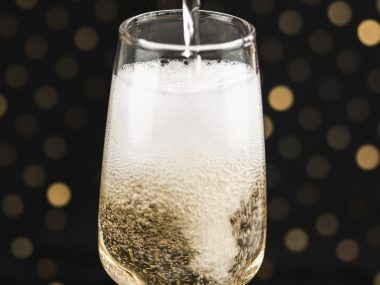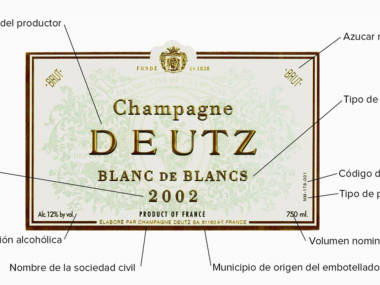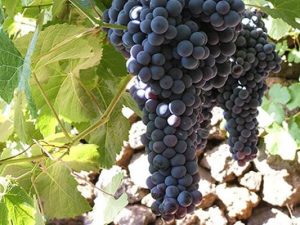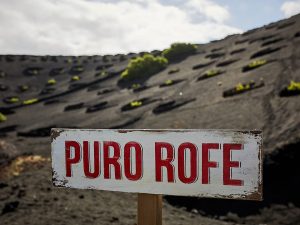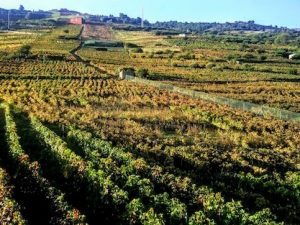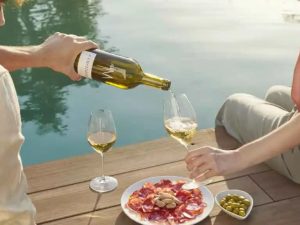Fabio Bartolomei started producing wine in 2003 as a simple hobby. Today he produces around 30,000 bottles per year of twelve different varieties of Ambiz Wines in El Tiemblo, in the Sierra de Gredos, one hour west of Madrid. For him, the recipe is very clear: Healthy strains, free of chemicals, provide natural wines that are just as healthy, as well as balanced and expressive of their terroir. Its combination of experimentation, spontaneity and absolute respect for nature, offers authentic and sincere wines that never cease to surprise us. In this exclusive interview with Gourmet Hunters, he tells us all about his project.
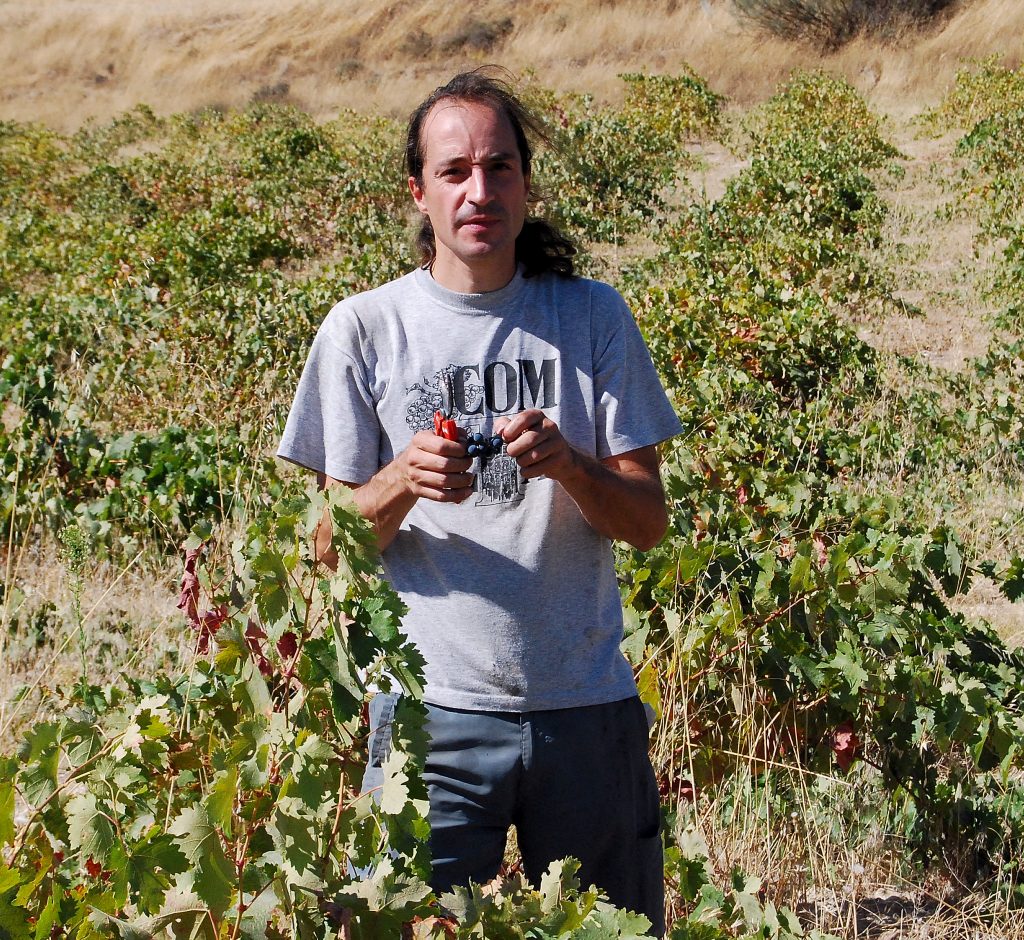
How was your approach to the world of wine and how was Vinos Ambiz born?
I have always lived with wine at home since I was a child, as my parents are Italian and they drank wine with their meals. So as a wine consumer, I have never had a specific ‘approach’, but rather wine has always been there. I started making wine in 2003, as a hobby or pastime during the weekends. I met an older man who had a vineyard and he let me look after a plot of land in Airén. He taught me how to prune and other tasks. The first year I made about 200 bottles, for my own consumption and that of friends. Every year I made more wine, as I really liked the viticulture and the process of making wine. It was in 2009 when I was “discovered” by an American importer and he told me that I was making natural wine without knowing it. In 2013, Vinos Ambiz SL was created to give the project a legal form, as I could not continue as an individual.
How would you describe the philosophy behind this project?
The basic philosophy behind Vinos Ambiz is respect for nature and the environment. I totally reject the use of chemicals in the vineyards and in the winery. I mean herbicides, pesticides, fungicides, insecticides, and in general any kind of poison. Nor do I use chemical fertilizers. The use of these substances pollutes the water, the soil and even the atmosphere. They kill the microorganisms that live in the soil and in the roots of the vines. I am tired of waiting for our political leaders to take action to solve the problem of pollution and the environment. I am trying to provide the vines with a living, healthy soil that is naturally full of nutrients, which the vines will know how to extract. In this way, they provide me with healthy and balanced grapes and musts. And with this raw material, you can make a healthy, clean, balanced, tasty and expressive natural wine from its terroir.
Why do you choose to make natural wines?
For three fundamental reasons: for the environment, for health, and because wine tastes much better and expresses the terroir better than chemical wines.
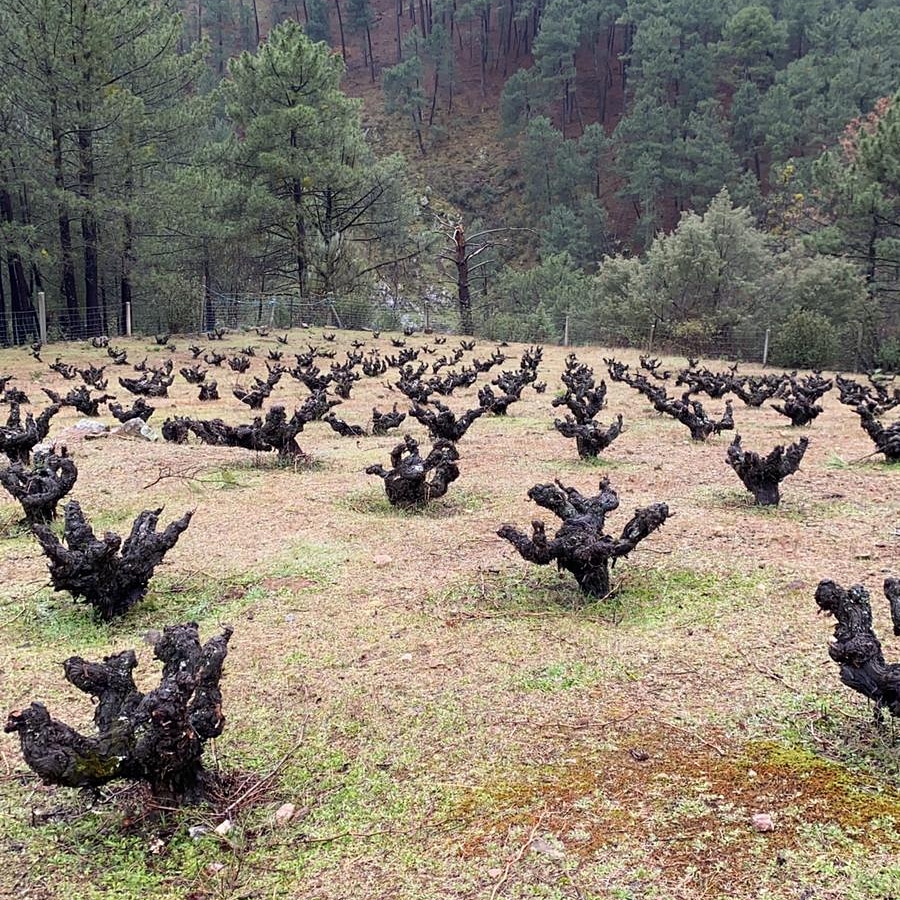
What qualities make your wines stand out? What can we expect from them?
The quality of my grapes, and the lack of any intervention in the winery with substances, makes my wines lively, natural, expressive and even surprising (for people who do not know about natural wines). I like to think that each wine I make expresses the variety of grapes and the climate of the year and the physical environment (Sierra de Gredos) in a faithful and authentic way.
Which grape varieties do you work with?
The red varieties are Garnacha (very emblematic of Sierra de Gredos) and Tempranillo, while the white varieties are Albillo Real (also very typical of Gredos), Chasselas Doré, Chelva, Airén, Malvar, Villanueva and Moscatel.
Why this enormous variety of wines that you offer where, from the same variety of grape, we can find different wines? Is experimentation important for you?
Yes, experimentation is very important to me. Every year I do some. It is a question of discovering whether a wine expresses itself better. For example, fermenting in steel, vats, wood, concrete, plastic,… With or without temperature control? With how many days of maceration? In this way I discover what works best. If it works I repeat the following year. If it does not work, nothing happens, I simply take note and do not repeat.
How important is the terroir in your wines?
Very important! It is the essence of my wines. It would not make sense for me to make wines in any other way that did not express the terroir. It would be like imitating the industry, manufacturing a product that is called ‘wine’ but that is simply a product made according to a recipe, using unnecessary ingredients and processes.
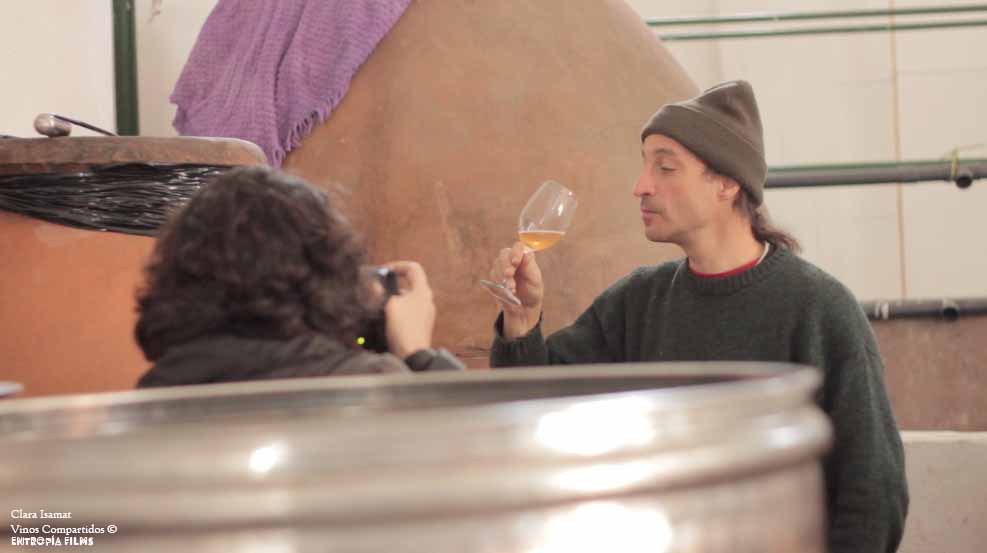
What can you share with us about its elaboration process?
This is a minimal intervention. In general, for all the varieties of grape, the elaboration is like this:
- Step on the whole bunches with the feet
- Pass them through the manual crusher
- Macerate with the skins (in a jar, steel or wood)
- Press
- Fermentation/breeding in vats, steel or wood
- Transfers
- Bottling
I do not use sulphites or any other substances. I try to reduce the use of electrical machinery as much as possible, and do as much as possible manually.
How many bottles do you produce per year?
About 30,000. Of about 12 different wines.
What can we expect from Vinos Ambiz in the future?
A lot of things! At the moment I am ‘cooking’ a mega-project, which covers several topics (including making more products from the Sierra de Gredos, a project to recover and reuse bottles, a school of natural wines (which is already underway!), collaboration with producers/growers, etc… At the moment it is a ‘Work in Progress’, there are aspects that are progressing, and others that are still in the pipeline! As for the wines of 2020, touching wood, I can say that they are promising. I will have many sparkling wines (Pet Nat) this year, as well as whites, rosés and reds.

